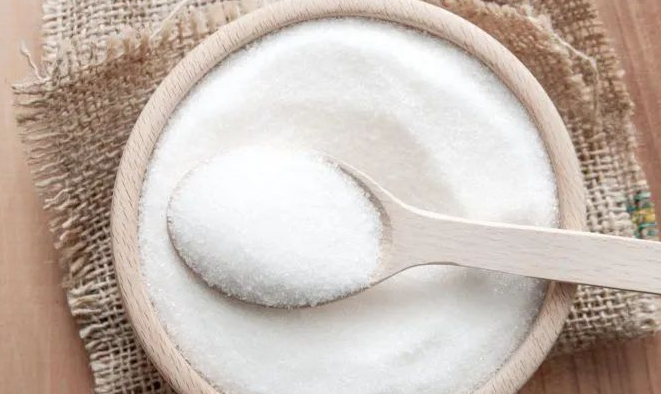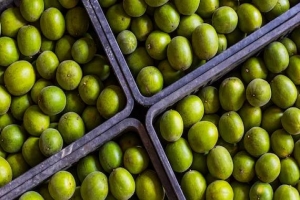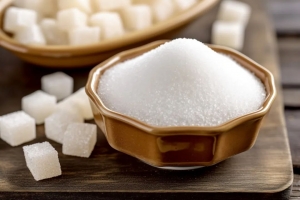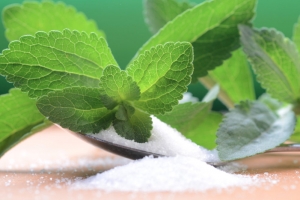Erythritol is a sugar alcohol that is commonly used as a low-calorie sweetener. While it is generally recognized as safe (GRAS) by the U.S. Food and Drug Administration (FDA) and is used in a variety of food products, there are some considerations when it comes to using erythritol for toddlers.

Safety for Toddlers:
GRAS Status: Erythritol is considered GRAS by the FDA, meaning it is generally recognized as safe for use in food. However, this does not necessarily mean that it is safe for all age groups, especially toddlers, without further evaluation.
Lack of Long-Term Studies: There are limited long-term studies on the safety of erythritol, particularly for children and toddlers. The FDA approval does not require long-term safety studies for erythritol, so the safety of regular consumption over time is not fully established.
Potential Side Effects:
Gastrointestinal Issues: Erythritol can cause gastrointestinal issues like bloating, gas, and diarrhea, especially if consumed in large quantities. Toddlers may be more susceptible to these effects due to their smaller size and potentially more sensitive digestive systems.
Increased Body Fat and Metabolic Dysfunction: Recent studies suggest that erythritol may be associated with increased body fat, metabolic dysfunction, and cardiovascular risks. However, these studies often involve adult populations, and the effects on toddlers are less clear.
Cardiovascular Risks: New research indicates that consuming foods with erythritol may increase the risk of cardiovascular events, although the specifics of how this applies to toddlers are not yet fully understood.
Other Considerations:
Nutritional Impact: Toddlers have specific nutritional needs, and replacing healthy foods with sweetened alternatives, even those containing erythritol, could impact their overall nutrient intake.
Taste Preferences: Introducing sweeteners early on could influence a child's taste preferences and potentially lead to a preference for sweeter foods later in life.
Recommendations:
Consultation with Healthcare Provider: Before introducing erythritol or any other sweetener to a toddler's diet, it is advisable to consult with a pediatrician or a qualified healthcare professional.
Minimal Use: If you decide to use erythritol, start with a very small amount to monitor for any adverse reactions.Focus on Whole Foods: Prioritize whole, unprocessed foods that meet the nutritional needs of toddlers. These foods naturally contain beneficial nutrients and are generally the best choice for young children.
In summary, while erythritol is generally recognized as safe, the specific safety profile for toddlers is not well-established. It is prudent to exercise caution and seek advice from a healthcare provider before introducing erythritol to a toddler's diet.
 The regulation of Monk Fruit Extract (also known as Luo Han Guo extract) varies across different cou
The regulation of Monk Fruit Extract (also known as Luo Han Guo extract) varies across different cou
 Health Canada Approves Monk Fruit Extract as a Natural Sweetener
Health Canada Approves Monk Fruit Extract as a Natural Sweetener
 New Breakthrough in Allulose: A Healthier Sugar Alternative Gains Momentum
New Breakthrough in Allulose: A Healthier Sugar Alternative Gains Momentum
 Understanding Reb-M: The Benefits of a Next-Generation Sweetener
Understanding Reb-M: The Benefits of a Next-Generation Sweetener